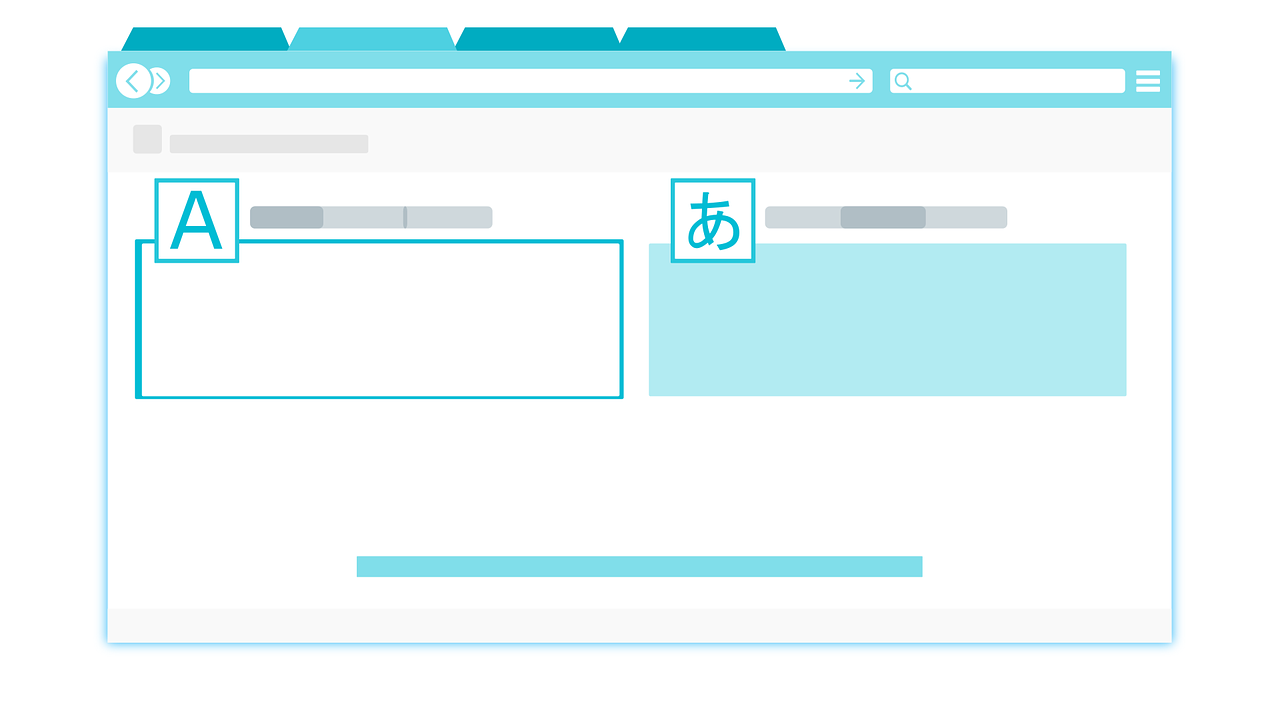How to Become an Online Icelandic Translator?
by Arina Smith Business Planning & Opportunities 27 October 2018

Icelandic is a language from the renowned North Germanic family, but while many European languages have evolved to lessen the inflections, Icelandic has maintained four case synthetic grammar forms. It is possible for Icelandic speakers to understand the Old Norse stories in the original without any difficulty. It is almost similar to Faroese and western accents of Norwegian, and less closely identical to Danish and Swedish.
Language is very culturally specific. In this modern era, machine translation can offer word-for-word translations, but it is unable to get the differences between the cultures and how that influences language. No matter how advanced technology grows, it cannot replace human translators. Becoming a professional Icelandic translator is not an easy job, even if you have managed to learn an entire dictionary. So if you want to become an Icelandic pro and use all of your time as a translator, you’re need loads of dedication and experience in several areas, on top of your linguistic ability.
Here we provide you a list of the steps for becoming a professional Icelandic translator:
Step 1: Understand what Icelandic translation needs:
Most people don’t realize what translators do. They think you get one word and change it into the target language. But all translators know that this is not true. This step is to assist you in determining what translation means for you. Spend some time studying over these parts and study on what translation is for you, and why you’re beginning on this profession path.
Step 2: Choose a specialization:
It’s a real distraction for those just starting in the translation profession, but it’s not a good idea to market you as being proficient of translating anything. Choose a related niche and practice or improve your service based on domain expertise that you have or intend to concentrate on learning.
Step 3: Evaluate your skills:
Once you’ve decided on a plan for your area of expertise, the next step is to consider your knowledge to give to or from Icelandic language translations of professional quality. If required, you may also need paying some time to improve your education and skills.
Step 4: Gain experience:
The next step is to gain experience. All of us have had to begin out doing internships or serving entry-level jobs to climb the stairs, and the language industry is no different. If you’re recruited at or live near a university, take courses in translation and look for possibilities to do translation or interpreting job on college for different departments. It is important to get experience where you can show examples of your work to possible clients and get recommendations.
Step 5: Check with a third-party:
After you believe contented with your information to translate at a high quality in your chosen area, it’s time to verify that with a third-party means work for a translation company or as a freelancer. English to Icelandic and Icelandic to English combination is booming nowadays, so you can easily get this kind of projects and can translate Icelandic to English or vice-versa.
Step 6: Know better what expert translation means:
The real power of a master is the ability to use the devices of the profession to maximize outcomes. This step will assist you to learn how technology can and should be combined with your workflow to improve words translated.
Step 7: Discover how the language industry side of stuff works:
Moving where your industry is going and considering so that you can balance your translation job to make more will suggest that you learn some basic accounting practices.
Step 8: Promote yourself and get work:
The nice thing about promoting and advertising your work now is that anyone in the world can now see the information you want to convey. It’s more likely than not to avoid publicity and marketing, but without this step, you’re not going to survive very long as a professional.
Step 9: Improve gradually:
You can always grow better. And there’s no proven way to cooperate with the other translators, get some time to study your profession, practice more, and develop your skills in translation – both art and business operations.
Step 10: Develop your linguistic resources:
Your linguistic assets and your work are like gold. Take good care of them from the onset by handling them correctly, and work each day to make sure they grow.
Step 11: Keep learning!
As you continue to progress as an Icelandic translator, there are other fields to consider as well. Do you keep up with the language industry terms and courses? What specific industry/industries can you interpret or translate for? Are you a computer savvy and informed regarding advanced emory software and other CAT tools? If you have had success as an Icelandic translator, perhaps you could acknowledge diversifying and growing a certified legal, business or medical translator. Overall my goal here is to offer a helpful guide to joining this highly competitive language industry. Good luck!
Read Also:







































































































